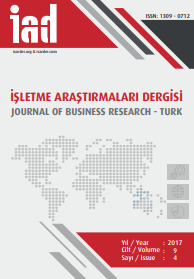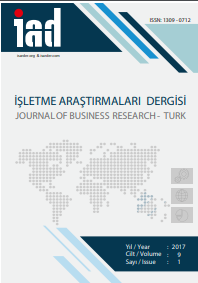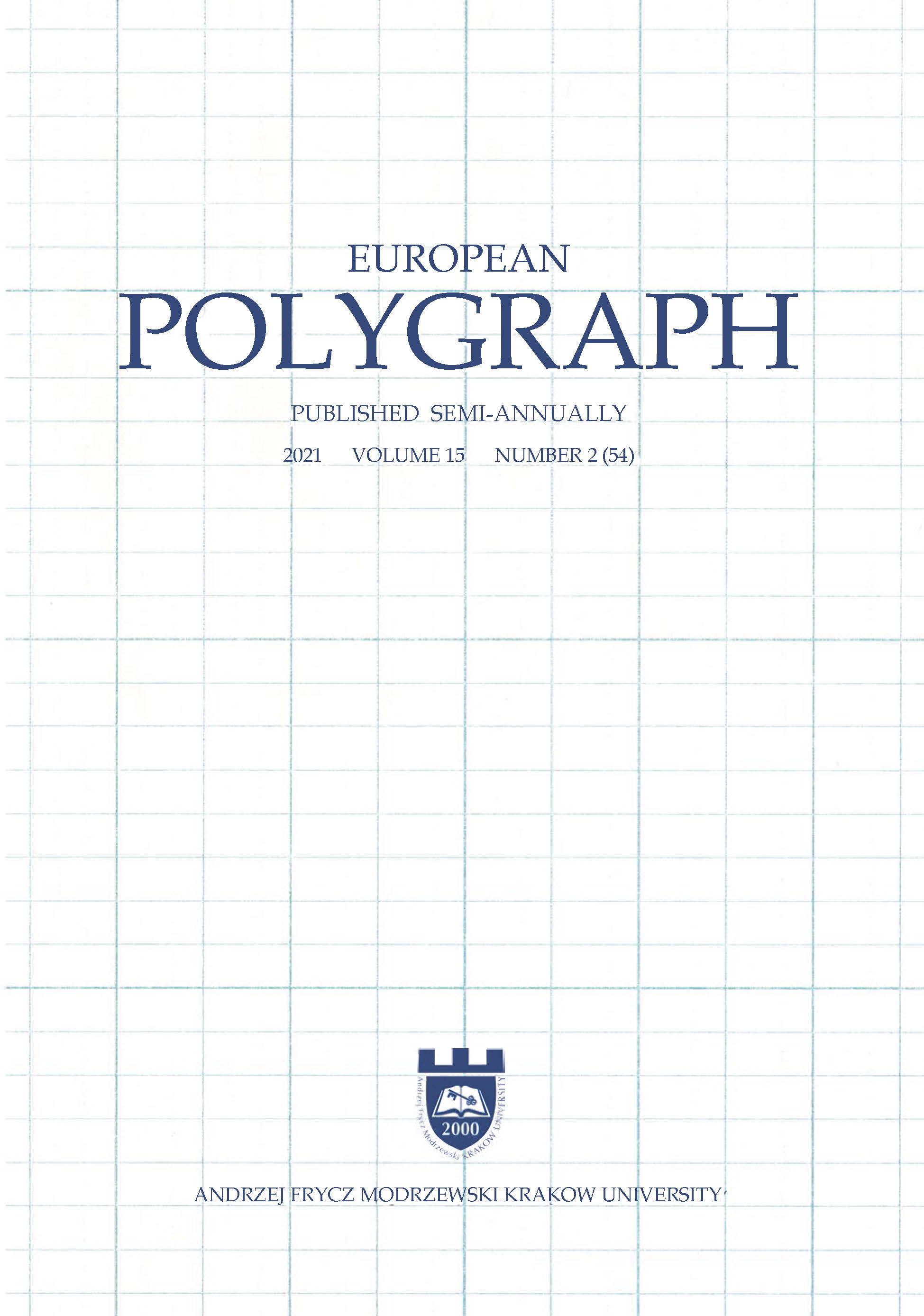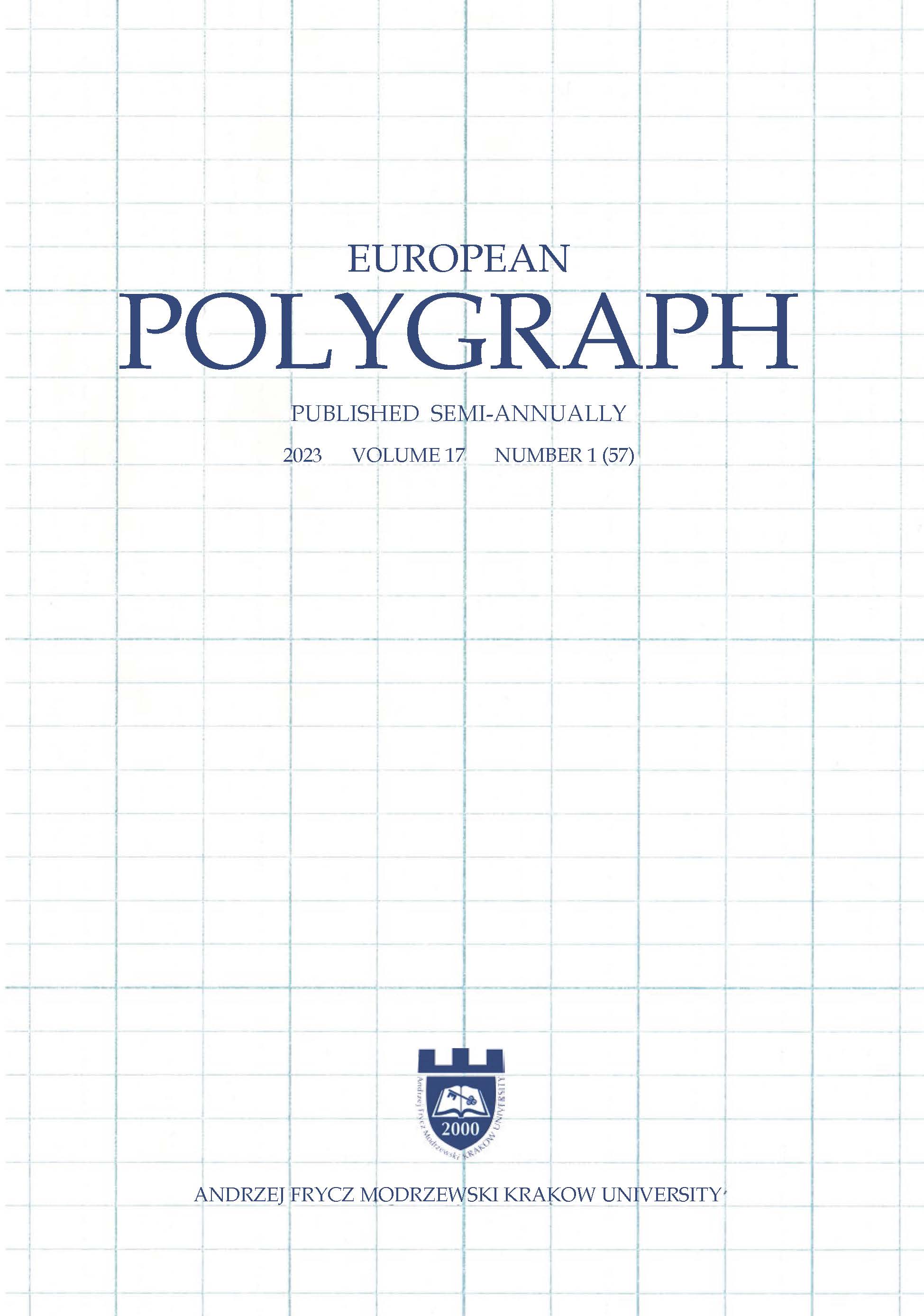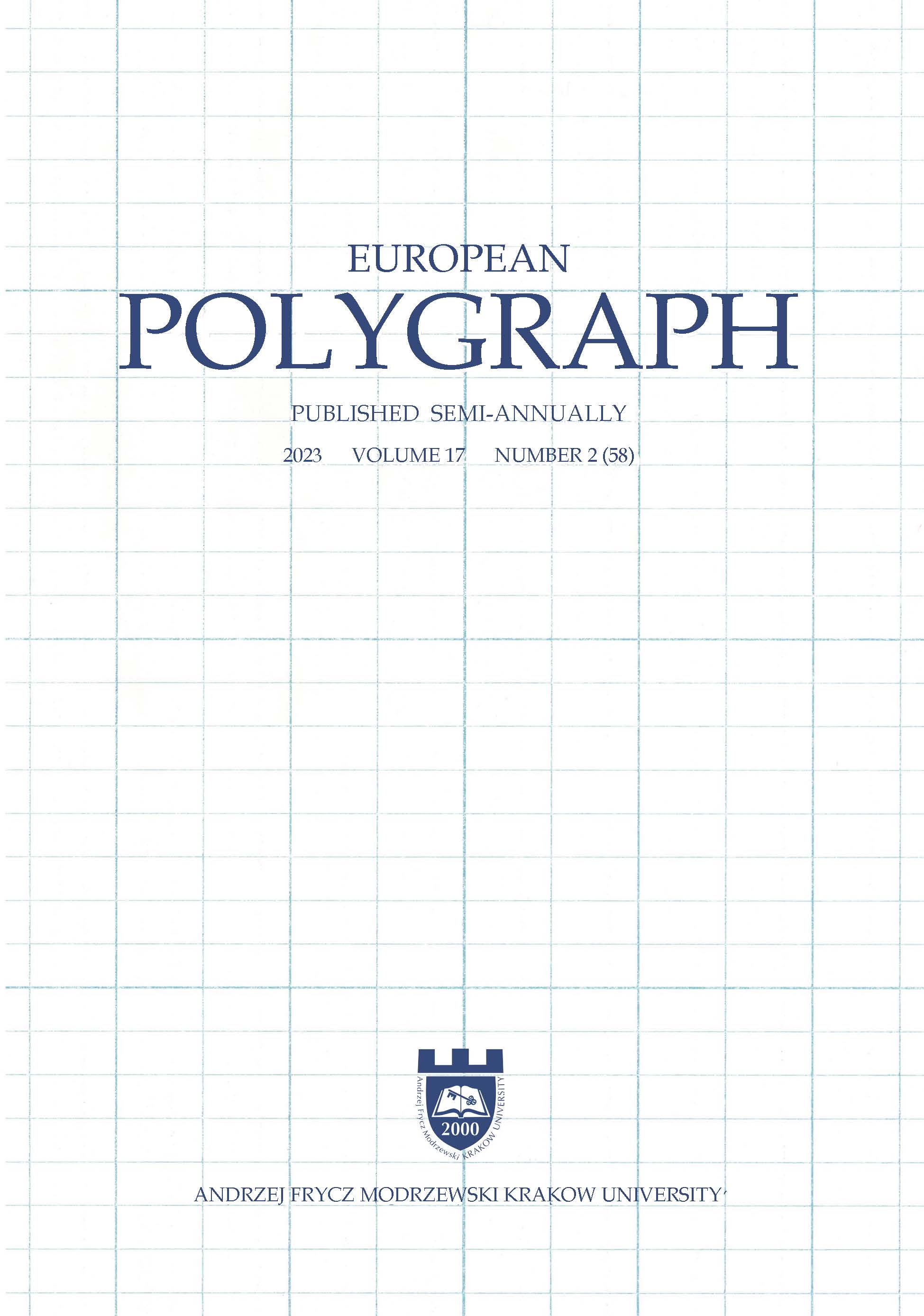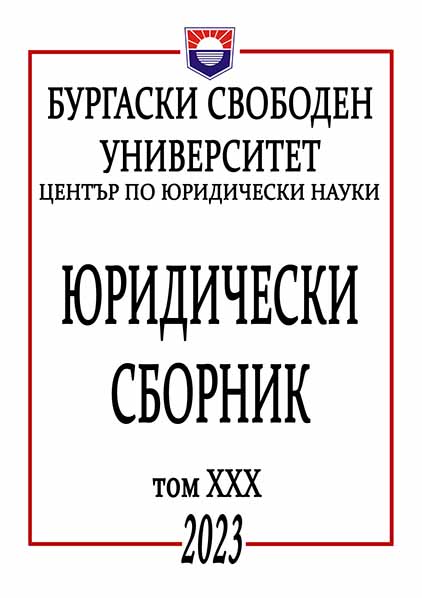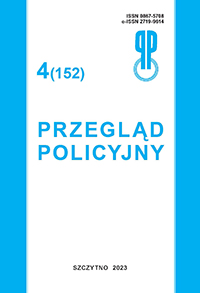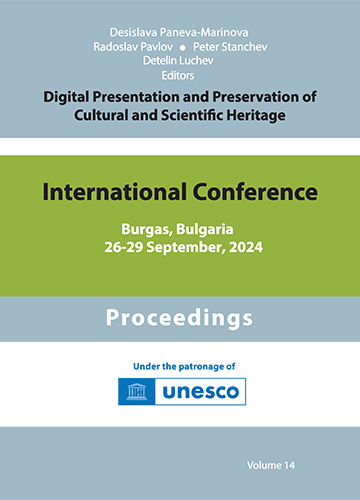Author(s): Zorica Mršević / Language(s): Bosnian,Croatian,Serbian
Issue: 9/2024
The subject of presentation are examples of institutional action against political extremism in order to prevent the escalation of violent manifestations, hatred and intolerance. The text also lists specific examples of violent incidents of a criminal nature, as well as counter-reactions in Germany. At the end of January 2024,more than a million people demonstrated across Germany against right-wing extremism, for the protection of democracy and against "remigration", i.e. the extreme right's plan to deport from Germany millions of foreign origin people. Protests against remigration planning are like a permanent wave of civil discontent, a continuation of mass protests against anti-Semitism and anti-Islamism that escalated at the end of 2023. Then the highest representatives of the government made strong public statements against the violence of political extremism, reminding that the European Union is based on the values of respect for human dignity, freedom, democracy, equality, rule of law and respect for human rights, including the rights of members of minorities. The EU is unequivocally opposed to all forms of hatred and discrimination on any basis, racial or ethnic origin, religion or belief, gender, sexual orientation, age or disability. Providing an institutional response to growing anti-Semitism is also the task of the Federal Government Commissioner for Combating Anti-Semitism. As an institutional response to political extremism, laws were passed, the first of which is against hate speech on the Internet. The second enables the so-called "indictment against the judge" as an instrument of defense of the constitutional state, which enables the easier removal of "enemies of the constitution" from the judiciary, i.e. a supporter of political extremism. The third is the Law on the Promotion of Democracy, which strengthens initiatives against political extremism and anti-Semitism, against which the fight cannot be waged only by the security forces, but social forces must also be strengthened, because hatred and extremism must be deprived of space, everywhere, on social networks, in schools or on the streets. It is concluded, on the example of Germany, that opposition to the violence of political extremism in the European environment is to be led by institutional, domestic, international mechanisms, but also by civil protests.
More...
